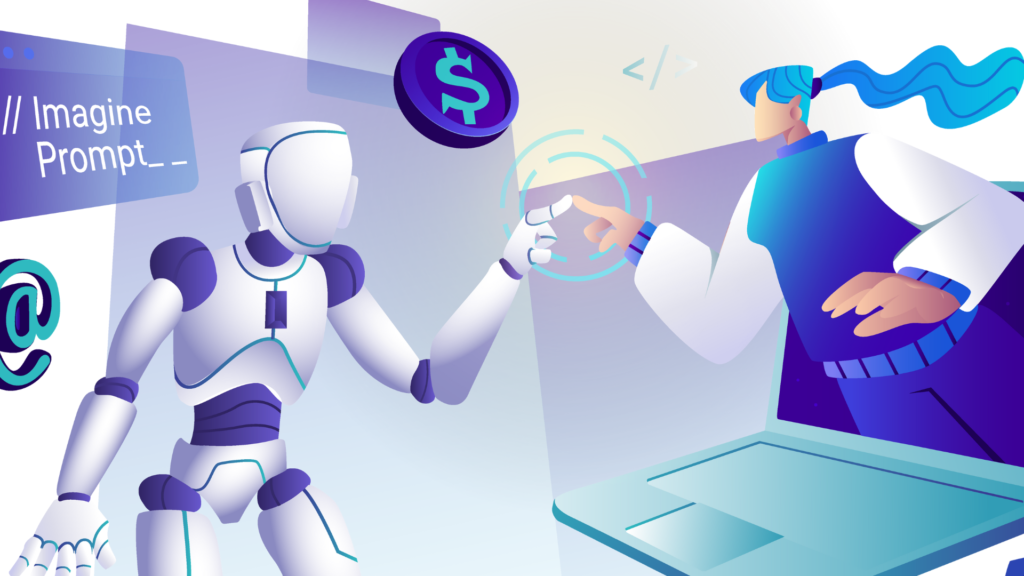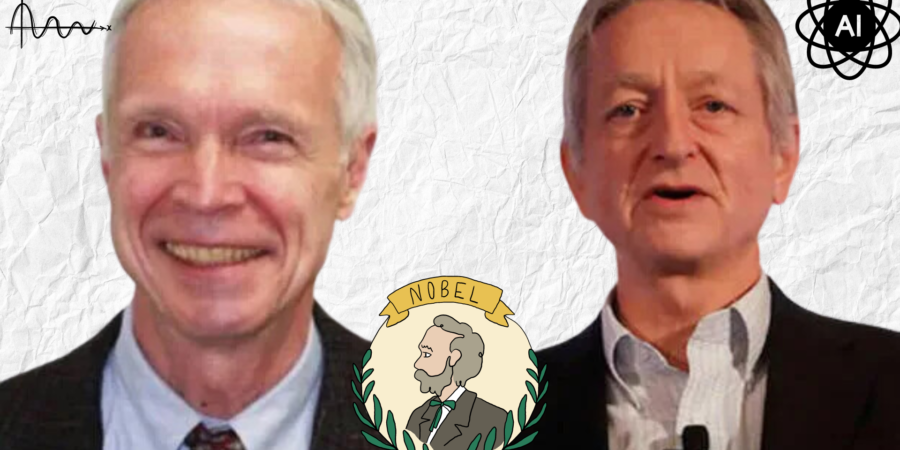The announcement of the 2024 Nobel Prize in Physics has created a buzz, especially with notable names like Geoffrey Hinton and John Hopfield being linked to groundbreaking work that bridges the fields of artificial intelligence (AI) and physics. This blog delves into why Geoffrey Hinton is being discussed in connection with the Nobel Prize and what this recognition could mean for the future of AI and science.
Who is Geoffrey Hinton?
Geoffrey Hinton, often referred to as the “Godfather of AI,” is a prominent computer scientist and cognitive psychologist. He is widely recognized for his pioneering work in neural networks and deep learning, which has significantly influenced the field of AI. Hinton’s contributions have not only advanced machine learning but have also impacted a wide range of industries, from healthcare to autonomous driving.
- Neural Networks and AI Contributions: Hinton’s work laid the foundation for modern AI by developing algorithms that enable machines to learn patterns and make decisions similar to the human brain.
- Recognition in the Field: Before the 2024 Nobel Prize buzz, Hinton had already won several prestigious awards, including the Turing Award in 2018 (often regarded as the “Nobel Prize of computing”) for his work on deep learning.

The Connection to the 2024 Nobel Prize in Physics
The Nobel Prize in Physics is typically associated with breakthroughs in fields like quantum mechanics, cosmology, or material science. However, the recognition of AI-related research signifies a broader appreciation for the intersection of physics, mathematics, and computer science.
- Geoffrey Hinton’s Role: While the 2024 Nobel Prize in Physics may not be directly awarded for his contributions, the discussions surrounding his work highlight the profound impact AI has on modern scientific inquiry. His techniques are often applied in computational physics and help solve complex physical problems.
- John Hopfield’s Influence: Another key figure mentioned in connection with the prize is John Hopfield, known for the Hopfield network, which connects neural networks to physics principles. The intersection of their work underscores how computational models can simulate physical processes.
Implications for AI and Science
The buzz around Geoffrey Hinton and the Nobel Prize hints at a future where AI and physics will be increasingly intertwined, leading to revolutionary discoveries.
- Advancement in Quantum Computing: The use of deep learning in quantum physics and AI-powered models could lead to more efficient quantum algorithms.
- Simulation of Physical Phenomena: Neural networks can now simulate physical systems, aiding in fields like meteorology, material science, and astrophysics.
- Ethical Considerations: As AI continues to impact various domains, there are ongoing debates about the ethical use of AI and its long-term societal effects, a topic Hinton himself has discussed.
Conclusion
The 2024 discussions around the Nobel Prize in Physics have brought attention to the evolving role of AI in science, with Geoffrey Hinton’s name standing out due to his pioneering work. Whether or not Hinton is directly awarded, the recognition of AI’s contribution to physics signals a significant shift in how we understand and apply scientific principles.



Leave a Reply